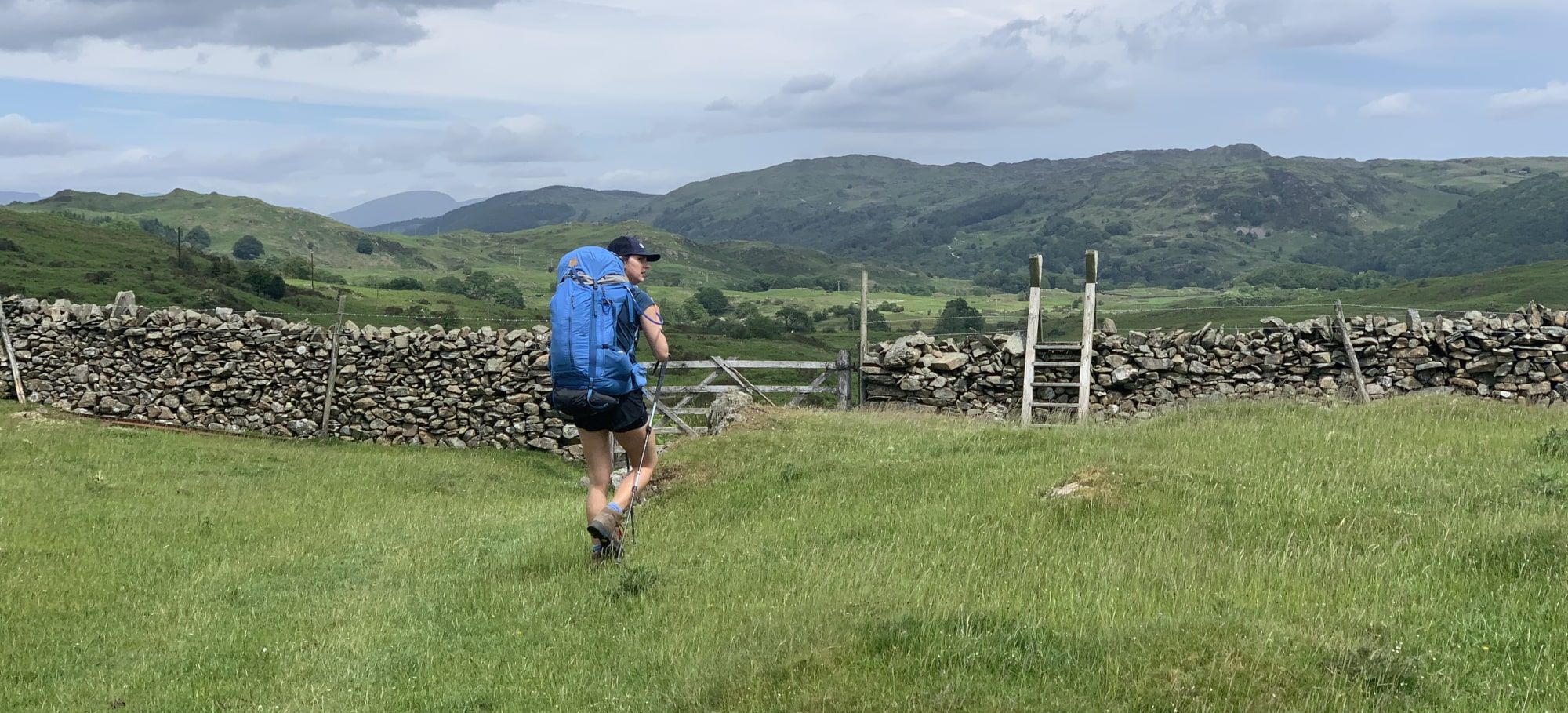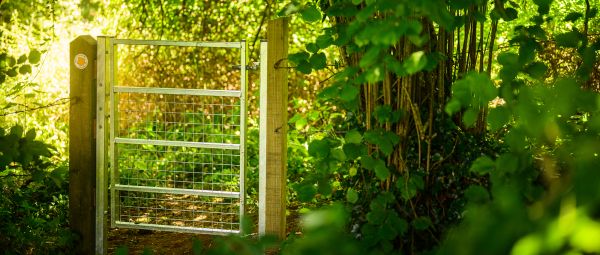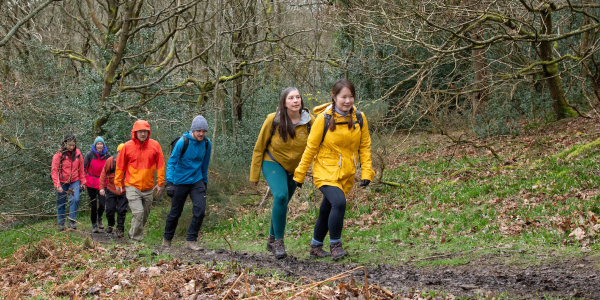A stile every mile – millions missing out on benefits of walking due to outdated barriers in countryside

4 September 2025
Millions of people in England and Wales are faced with barriers to walking in the countryside because of the vast number of stiles still on public paths, according to data published today by the Ramblers.
Freedom of Information requests have revealed that the path network in England and Wales contains more than 140,000 stiles – on average, a stile every mile – which are barriers to walking for almost a quarter of the population.
Stiles are a problem for people of all ages and experiences, including people with disabilities or limited mobility, those recovering from ill health and families with young children. This means people who would most benefit from walking outdoors also face the most challenges doing so.
In addition to making paths difficult – or even impossible – to use for many people, stiles can quickly fall into disrepair making them unsafe and unreliable.
Jack Cornish, Director of England at the Ramblers, said: “Rightly, legislation exists to improve accessibility across other areas of daily life. Yet landowners can currently keep stiles on public paths even when there are easy to use alternatives. This outdated approach means a quarter of the population are prevented from using public rights of way.
“Not only is this deeply unjust, it also represents a major missed opportunity for improving the health and wellbeing of everyone in our nation.”
In a 2023 survey conducted by YouGov for the Ramblers, 25% of people said that physical barriers, such as stiles, stopped them from using the path network. This figure rose to 56% of people with physical and sensory disabilities.
Dave Roberts, a keen hiker who started walking for health in his 40s, now finds stiles are increasingly difficult to manage: “I'm 56 now, and not as flexible as I used to be, so unless it's a really good stile with something to hold onto it’s a real effort to get over and I sometimes cramp up … I much prefer an easy to open gate these days.”
Bethany Handley, a writer, disability activist and ambassador for the Ramblers says, “People assume it’s my wheelchair or my disabled body that prevent me accessing many of our paths, but it’s often stiles. Stiles shut me out of so much of our countryside, yet they don’t need to exist. Everyone has the right to access our paths, yet stiles turn so many of us away.”
The Ramblers works to make sure walking can be enjoyed by all, including by tackling the issue of stiles at a local level, with hundreds of Ramblers volunteers working with landowners and local authorities across England and Wales to replace stiles with gaps or gates.
However, the charity says there’s a vital need for coordinated action by government to tackle the barriers which prevent people from walking and unlock the outdoors for all.
In Wales, the Welsh government has made some progress towards encouraging a reduction in stiles, thanks to the existing £2 million Access Improvement Grant for local authorities and the recent inclusion of rights of way responsibilities and funding for access improvements in the new Sustainable Farming Scheme. However, with just 50% of Welsh paths being assessed as open for use, there is much more to be done.
Jack continued: “Before it was elected, the Labour Party committed to improving access to nature for all in its manifesto, and to supporting people to live longer, healthier lives. Yet more than a year since taking office, people who want to go walking are still being needlessly prevented from doing so.
“If the government doesn’t take action to make sure the path network is accessible to all, they are missing a clear opportunity to improve health and wellbeing and doing a disservice to a quarter of the population.
“The Ramblers is calling for vital legislation that will break down these unacceptable and unnecessary barriers to the outdoors in England.”
The Ramblers’ proposals for an Access to Nature Bill in England includes the removal of unnecessary barriers such as outdated stiles and ensuring that everyone has easy access to nature close to home.

Dealing with problems on public paths
The Ramblers guide to reporting problems on public rights of way in England and Wales. Who is responsible, how to contact them and what to expect.

Access to nature inquiry launched by All-Party Parliamentary Group
Laws need to change to give people better access to nature closer to their homes, the chair of a new All-Party Parliamentary Group (APPG), Andy MacNae MP, has said.

Getting obstructions removed from paths
If you have repeatedly reported a problem to the local authority and no action has been taken you can use the law to force the council into action